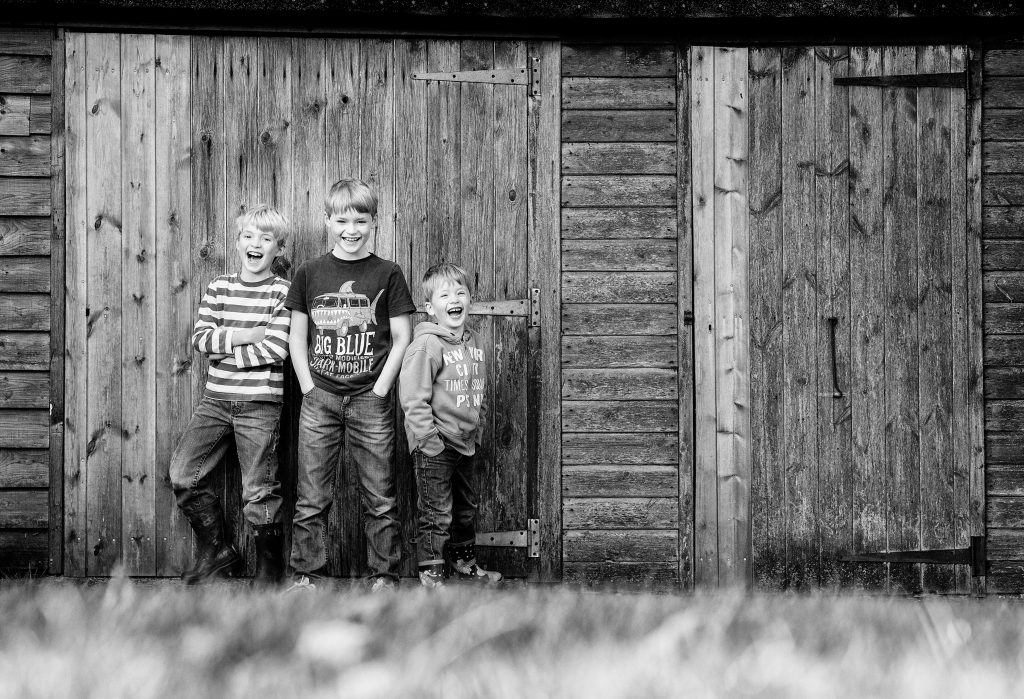
Photography skills aren't always obvious. This skill is not often required for many jobs. These skills include teamwork, patience and creativity. This article will focus on the importance and benefits of these skills. These skills can help you find the right job. There are a few things that you need to know before you apply for a job as a photographer. Keep reading to find out more. Don't forget to practice!
Teamwork
Working with others is one of the essential skills of a photographer. Many photographers work together to complete a project. They must be able communicate effectively, collaborate with others and meet deadlines. Photographers should also be able and willing to learn new technologies and adapt to industry standards. They should also be able hold their fellow team members and themselves accountable for their work. Being a team player is more likely to be successful in photography.

Creativity
A great photographer has the ability to see things differently. This is an intrinsic part of the process and requires creativity. A creative photographer will see the same object from many angles to find artistic details. They will even experiment with shooting through objects or through reflections. These skills will help them see beauty in everyday objects. For all photographers, creativity in photography is essential.
Patience
A good photographer must be patient in capturing shots. Photographers will spend a lot more time thinking up shots than actually getting them captured. A good photographer has to be patient with people and situations. When they are relaxed, they will see many creative possibilities. Patient people will always be successful. Photography can be taught patience. The following are some ways to cultivate patience as a photographer.
Attention to detail
Developing your attention to detail as a photographer is a great way to capture beautiful pictures. It doesn't matter if you're shooting a family gathering or a wedding. Paying attention to details is crucial. Detail photography can capture the smallest details of objects, such as their font, texture or colour. This type is great for social media, as well. These tips can help photographers improve their attention to detail.

Self-motivation
There are several ways that a photographer can increase their self-motivation. The first is by interacting with fellow photographers. This is especially helpful if you want to make progress and be accountable to others. A well-known saying states that you are the average five people who spend the most time together. Spending time together with other photographers will help increase your happiness and creativity. You can also boost your self-motivation by following photography websites. These websites have inspiring images that can inspire you and help you take better pictures.
FAQ
Should I take up photography as a hobby or a profession?
Photography is a wonderful way for you to capture your memories and share them. Photography allows you to see the world from a different perspective.
If you are interested in learning how to take better pictures, there are plenty of resources available online to help you do just that.
Consider taking classes at your local community college or art school. This will allow you to network with other photographers who can give valuable feedback on your work.
Light Room can be used to enhance your photographs.
You can get great photos if you start early. It is always better to take as many photos as you can and then choose the best.
Lightroom allows you to do this by letting you see how different settings affect each photo. You can also adjust these settings on-the-fly without going back into Photoshop. This allows for quick experimentation with what looks good or not.
What Camera Should I Get?
All depends on the type of photographer that you want to be. If you're just getting started, a basic point and click camera will suffice.
However, once you've mastered the basics, you'll likely want something more advanced. The decision is yours.
Before you buy a camera, here are some points to remember.
-
Features: What features do I need? Will you use manual settings or autofocus? What number of megapixels has your camera? Is there one?
-
Price: What amount are you willing spend on your camera? Are you planning on upgrading your camera every two years?
-
Brand: What brand will you be satisfied with? You shouldn't settle for less.
-
Functionality: Can your camera work in low-light conditions? Can you take high resolution photos?
-
Image Quality: How clear, sharp, and crisp are your images.
-
Battery Life: How long will your camera last between charges?
-
Accessories: Do you have the ability to attach flashes, additional lenses, and so forth? ?
Cameras available for purchase
Cameras can be purchased online from many different places. B&H Photo Video is a reliable retailer. They have knowledgeable staff who can answer all your questions.
B&H also ships quickly and securely, making it easy to get your order delivered to your door.
This video will help you learn more about buying cameras.
Statistics
- In this case, 100% of readers who voted found the article helpful, earning it our reader-approved status. (wikihow.com)
- Get 40% off Adobe Creative Cloud(opens in new tab) (creativebloq.com)
- By March 2014, about 3 million were purchased monthly, about 30 percent of the peak sales total. (en.wikipedia.org)
- This article received 13 testimonials, and 100% of readers who voted found it helpful, earning it our reader-approved status. (wikihow.com)
External Links
How To
What are the necessary skills to become a photographer
Technical knowledge, artistic ability and business acumen are the essential skills needed for any job in photography.
Technical knowledge includes the ability to understand exposure settings, camera functions and lens types.
An artist's ability is to understand composition, lighting, and pose.
Business acumen includes budgeting, scheduling and time management. It also involves dealing with clients.
If you want to become a professional photographer, then you should have an interest in photography from a young age.
Photography classes can be taken at schools, colleges, or online.
There are many books that cover all aspects photography.
You should not only learn photography but also develop your own style.
This will allow your to stand out in this field.
Photography has changed over the years. In the past, people used cameras such as Kodak Instamatic or Polaroid instant cameras.
Digital cameras are increasingly popular today. Today, the majority of photographers use their smartphones to shoot photos.
It is possible to buy a smartphone that takes high-quality images, but if you really want to get into photography, you need to invest in a DSLR (Digital Single Lens Reflex) camera.
The DSLR lets you control every aspect your photo including shutter speed and aperture, ISO sensitivity, white-balance, focus, and white balance.
These features can be used to create amazing photographs and other effects.
These controls can be used to change the mood of your photo.
For example, you could make your subject appear blurry by using a fast shutter speed.
Or you could make them look like they are moving by increasing the amount of light entering the camera.
Another way to change the mood of your image is to adjust the color temperature of the scene.
For example, if there is lots of blue light around, you can increase the red content of the picture to give it a warmer feel.
It may be difficult at first to determine which direction your camera should point.
Once you get the basics down, it will be easy to see that it's not difficult at all.
It is actually much simpler than you might think.
It is likely that you will only start out shooting landscapes or close-up shots when you first begin.
But don't worry; as you gain experience, you will be able to capture anything from portraits to abstracts.
Once you have learned the basics, it is possible to move on with more advanced subjects.
Here are some tips that will help you get going.
-
Find a peaceful place. You should choose somewhere you feel comfortable and relaxed.
-
Choose something you find interesting to photograph. You should look for unusual or special objects to photograph.
-
Practice photos are a must. Practice makes perfect!
-
Experimentation with different angles is possible. Hold your camera differently depending on what you are trying to achieve.
-
Use different lenses. Different lenses offer different perspectives.
-
Photograph in low light conditions. Photography in bright sunlight can be challenging.
-
Learn how to frame your shot. Framing is one of the most important skills when capturing an image.
-
Learn how to set up your camera settings. You can improve your photography by spending time with your camera settings.
-
Keep learning new techniques. There are many ways you can learn about photography. Visit local galleries and museums.
-
Read magazines and books. Photography books will give you all the information you need.
-
Join a club. Photography clubs often hold events that encourage members to share their work.